The Kabul bombings demonstrate the lie of a bloodless occupation

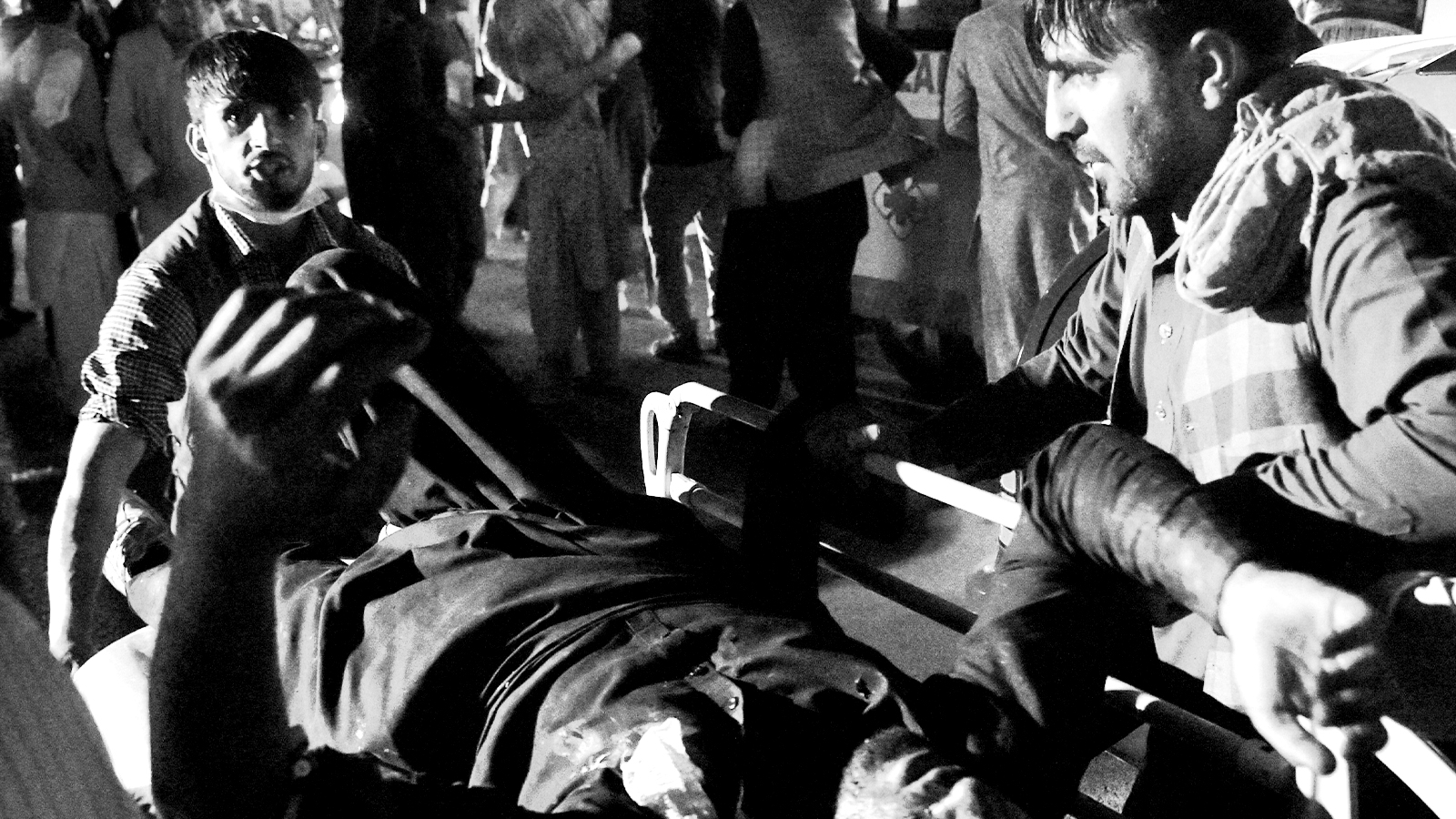
A free daily email with the biggest news stories of the day – and the best features from TheWeek.com
You are now subscribed
Your newsletter sign-up was successful
The bombings at the Kabul airport on Thursday is a reminder of a fundamental truth: War is an ugly, bloody, violent affair.
That may seem self-evident, even simple. Everybody has heard the "war is hell" cliché at some point. But it bears repeating at this moment, while Americans argue furiously about the wisdom of withdrawing from Afghanistan, because so much of the argument for staying depends on a vision of the war there being essentially bloodless.
"Mr. Biden's decision to withdraw all U.S. forces destroyed an affordable status quo that could have lasted indefinitely at a minimum cost in blood and treasure," former Ambassador Ryan Crocker wrote last week in a lacerating essay for The New York Times.
The Week
Escape your echo chamber. Get the facts behind the news, plus analysis from multiple perspectives.

Sign up for The Week's Free Newsletters
From our morning news briefing to a weekly Good News Newsletter, get the best of The Week delivered directly to your inbox.
From our morning news briefing to a weekly Good News Newsletter, get the best of The Week delivered directly to your inbox.
"In the last several years, the United States has maintained a relatively small force in Afghanistan, largely devoted to providing surveillance, logistics, and air cover for Afghan forces while taking minimal casualties," columnist Bret Stephens offered. "Any American president could have maintained this position almost indefinitely — with no prospect of defeating the Taliban but none of being routed by them, either."
There is something disturbing about the casual disregard for American lives underlying those statements: "Minimal" casualties means only a few soldiers killed or maimed, only a few families back home devastated by the loss of their loved ones. Even if you accept that idea, Crocker and Stephens and the other hawks aren't really arguing that the sacrifice is worth it, but rather that there won't be any real sacrifice at all.
The Kabul attacks demonstrate the lie of that notion. As of this writing, at least three U.S. troops were reportedly injured in the blast — and it won't be surprising if the casualty numbers go higher. As a number of commenters have pointed out over the last two weeks, a primary reason American forces have suffered so few casualties in recent months is because the Taliban expected U.S. forces to exit. If Biden had abandoned that commitment, the bloodless war would've turned bloody again. (For Afghans, of course, the war never stopped being bloody.)
Would it have been worth it? For a long time, Americans thought so. They don't anymore. The costs of the war — both in lives and in money — are now far more evident than the benefits. A new round of U.S. casualties probably won't change many minds.
A free daily email with the biggest news stories of the day – and the best features from TheWeek.com
Joel Mathis is a writer with 30 years of newspaper and online journalism experience. His work also regularly appears in National Geographic and The Kansas City Star. His awards include best online commentary at the Online News Association and (twice) at the City and Regional Magazine Association.
-
 5 cinematic cartoons about Bezos betting big on 'Melania'
5 cinematic cartoons about Bezos betting big on 'Melania'Cartoons Artists take on a girlboss, a fetching newspaper, and more
-
 The fall of the generals: China’s military purge
The fall of the generals: China’s military purgeIn the Spotlight Xi Jinping’s extraordinary removal of senior general proves that no-one is safe from anti-corruption drive that has investigated millions
-
 Why the Gorton and Denton by-election is a ‘Frankenstein’s monster’
Why the Gorton and Denton by-election is a ‘Frankenstein’s monster’Talking Point Reform and the Greens have the Labour seat in their sights, but the constituency’s complex demographics make messaging tricky
-
 Operation Rubific: the government's secret Afghan relocation scheme
Operation Rubific: the government's secret Afghan relocation schemeThe Explainer Massive data leak a 'national embarrassment' that has ended up costing taxpayer billions
-
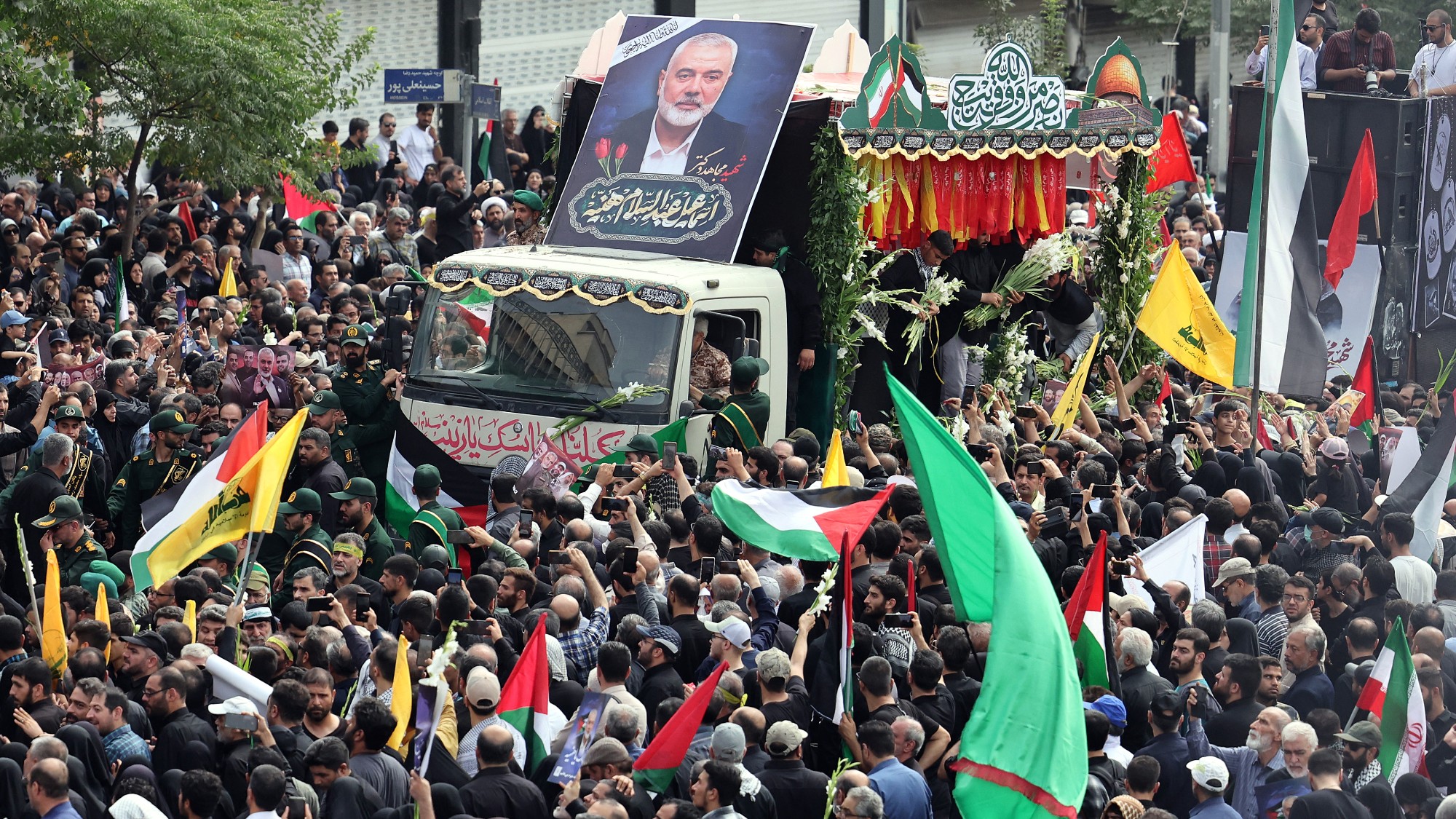 Iran and Israel: is all-out war inevitable?
Iran and Israel: is all-out war inevitable?Talking Points Tehran has vowed revenge for assassinations of Hamas and Hezbollah leaders, but Gaza ceasefire could offer way out
-
 Grant Shapps goes to war on military's 'woke' diversity policies
Grant Shapps goes to war on military's 'woke' diversity policiesTalking Point Defence secretary condemns 'extremist culture' as Army reportedly plans to relax security checks on overseas recruits
-
 The Taliban’s ‘unprecedented’ crackdown on opium poppy crops in Afghanistan
The Taliban’s ‘unprecedented’ crackdown on opium poppy crops in Afghanistanfeature Cultivation in former poppy-growing heartland Helmand has been slashed from 120,000 hectares to less than 1,000
-
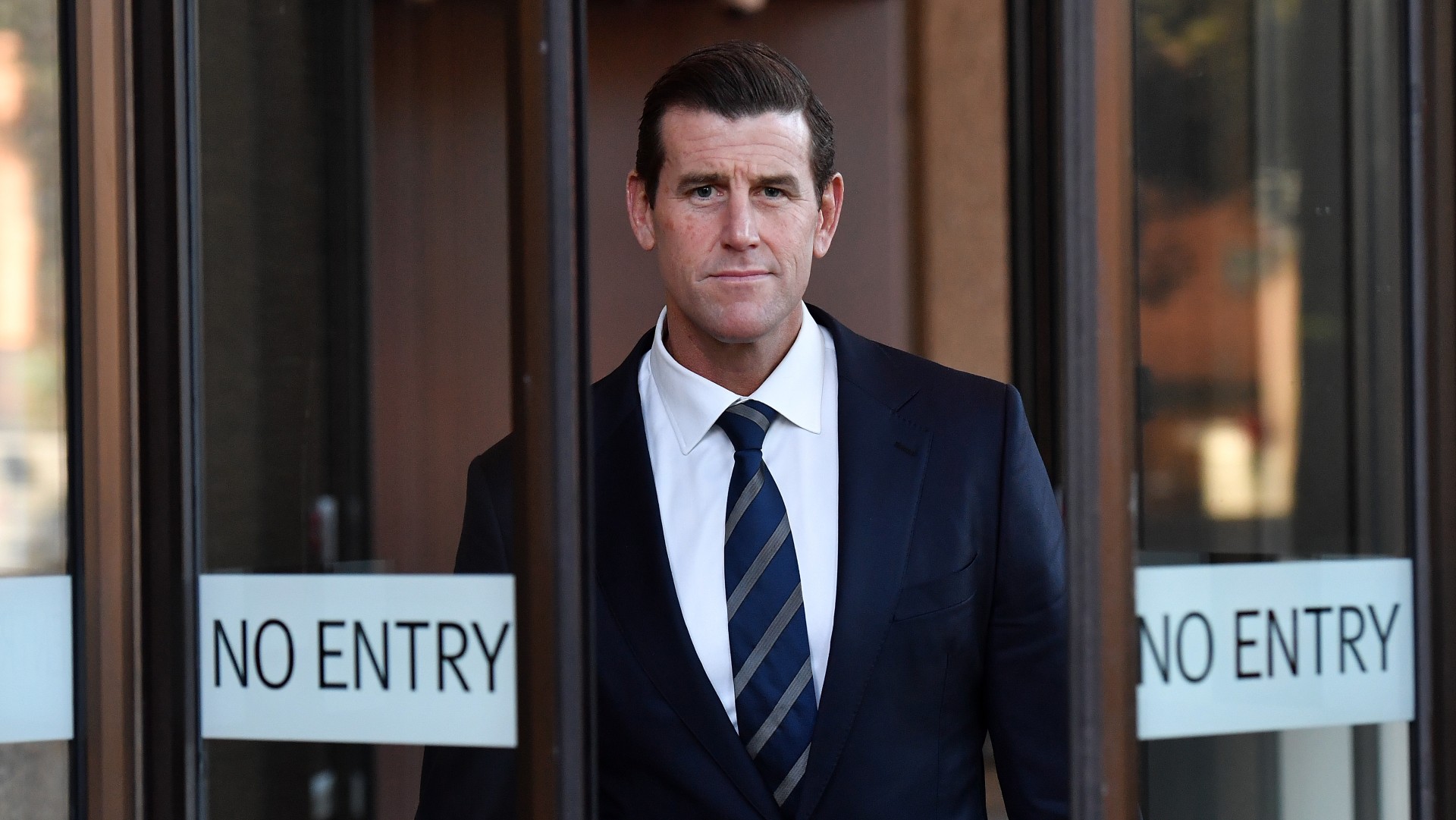 Ben Roberts-Smith: will more Afghanistan war crimes trials follow?
Ben Roberts-Smith: will more Afghanistan war crimes trials follow?Today's Big Question Former SAS soldier lost defamation case against Australian newspapers that accused him of murder
-
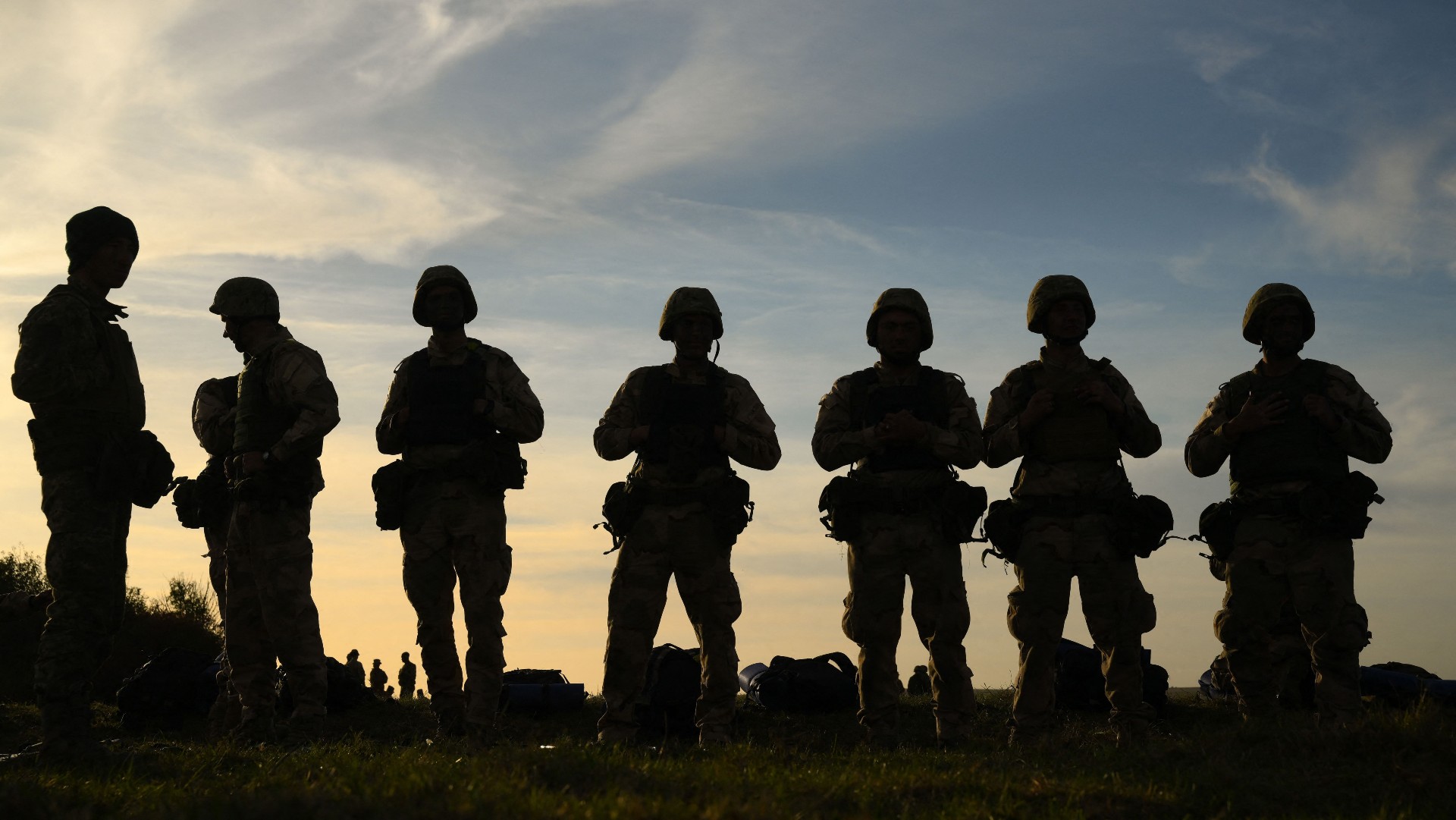 Can the UK rely on the British Army to defend itself?
Can the UK rely on the British Army to defend itself?Today's Big Question Armed forces in ‘dire state’ and no longer regarded as top-level fighting force, US general warns
-
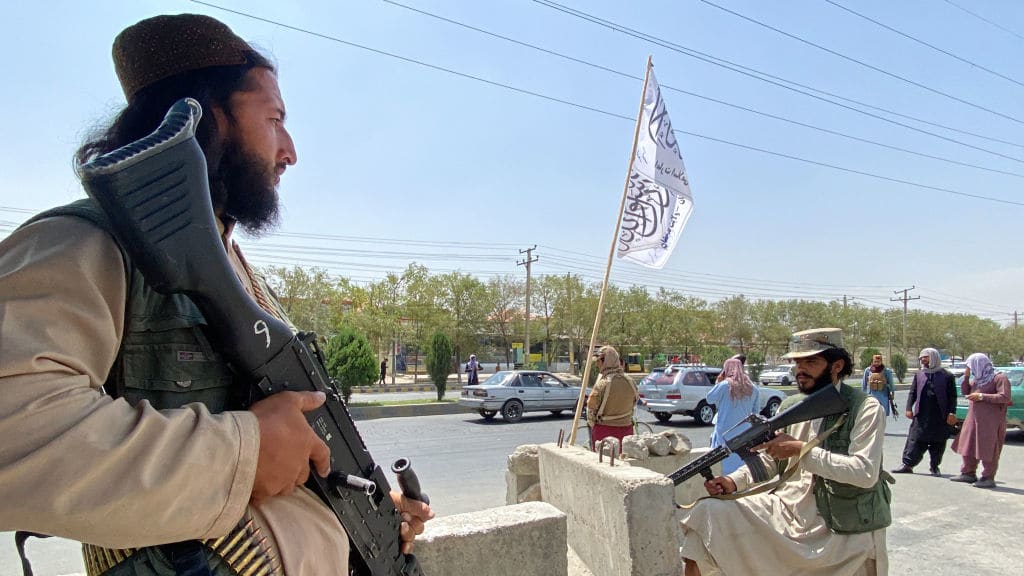 Taliban releases 2 Americans held in Afghanistan
Taliban releases 2 Americans held in AfghanistanSpeed Read
-
 Putin's nightmare
Putin's nightmareTalking Point How Russia’s reckless czar is making his worst fears come true
